Progress for All
Oxford University Press conducted an online survey with teachers from around the UK to investigate the ‘word gap’ that exists for primary and secondary school students. Their...
Filter by Category
Filter by Author


























































































































































































Oxford University Press conducted an online survey with teachers from around the UK to investigate the ‘word gap’ that exists for primary and secondary school students. Their...
Posted by Claire Till
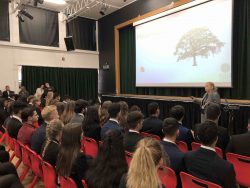
Deputy Headteacher Mrs Ash provided all students this week with some real ‘pearls of wisdom’ to enable them all to maximise their progress at Bushey Meads throughout this academic...
Posted by Jeremy Turner
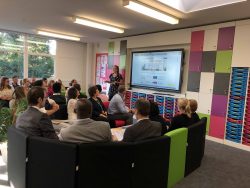
It was fantastic to hear from Miss Lister, our superb Subject Leader of Sociology and Psychology, on Friday morning last week as she shared how effectively she uses the Mega...
Posted by Jeremy Turner
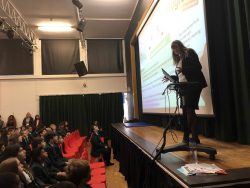
It was inspiring to see over 400 students and staff listening so intently to Advanced Skills Leader and top teacher Ms Knowles lead the Main School Assembly this week for Year 7...
Posted by Jeremy Turner

It has been a real pleasure to visit a variety of lessons over the past couple of weeks and see some of the amazing learning taking place. This has included a Year 8 dance lesson,...
Posted by Sara Ash - Deputy Headteacher
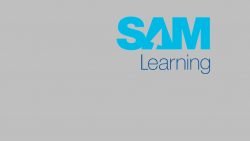
At Bushey Meads School we invest in the online learning platform Sam Learning to help support all our students from Years 7 to Year 13 make progress with their learning. Research...
Posted by Sara Ash - Deputy Headteacher
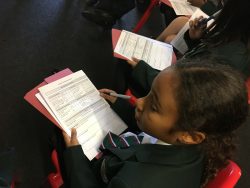
It was great to spend some time in Mr Futerill’s Year 7 Drama class and see students carefully assessing themselves against clear key performance indicators. They were guided...
Posted by Jeremy Turner
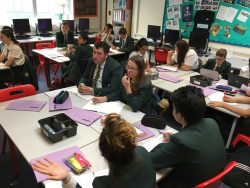
There are many smart strategies to encourage students to make great progress. One such strategy that encourages discussion and sharing of ideas is the simple but effective...
Posted by Jeremy Turner
Oxford University Press conducted an online survey with teachers from around the UK to investigate the ‘word gap’ that exists for primary and secondary school students. Their findings support and inform the hypothesis of ‘Why Closing the Word Gap Matters.’ For instance, 69% of primary school teachers and 60% of secondary staff found that students with limited vocabulary seemed to be increasing compared to previous years. Although a complex issue with a multitude of causes the report concluded that a significant influence on student language was “the amount of input that they receive from parents and primary carers.” Teachers additionally reported that a limited vocabulary has a significant impact on student’s academic progress with 80% of secondary staff saying that it impacted on students ability to read examination questions as well as their ability to work independently and to access learning in lessons. The impact on student’s mental health was also significant with 80% of staff believing low language skills had a negative impact on student’s self-esteem and their long-term prospects in terms of their ability to find work.
One way in which BMS addresses this language deficit among some of our students is through the inclusion of Bedrock lessons within our curriculum. This KS3 programme of study enables the explicit teaching of vocabulary and its application within specific contexts. This curriculum development means that BMS is part of only 29% of secondary schools who have a consistent whole-school approach to developing all student’s language skills. As a result of our approach we have seen excellent progress with our EAL and Pupil Premium students who on average, have made gains of 29% with their vocabulary. It is through our language-rich curriculum, that BMS can ensure students are equipped to achieve their fullest potential both in school and beyond.
“In vocabulary acquisition, a small early advantage grows into a much bigger one unless we intervene very intelligently to help the disadvantaged student learn words at an accelerated rate.” (E.D. Hirsch, 2003).
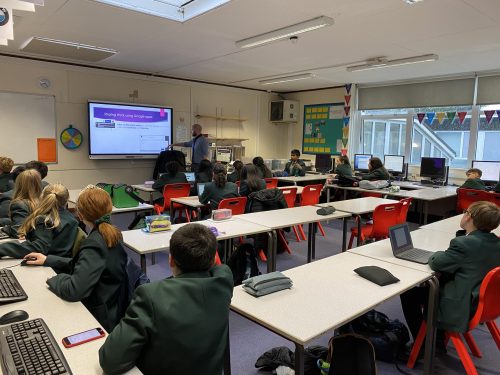
As a technology specialist school, all teachers and students make much use of google classrooms and it was very apt to see our new Year 7 students receiving an excellent training...

On Thursday 10th January all Year 11 students with their Character Development Coaches gathered in the Main Hall, eagerly waiting to find out the results from the Pre Public...